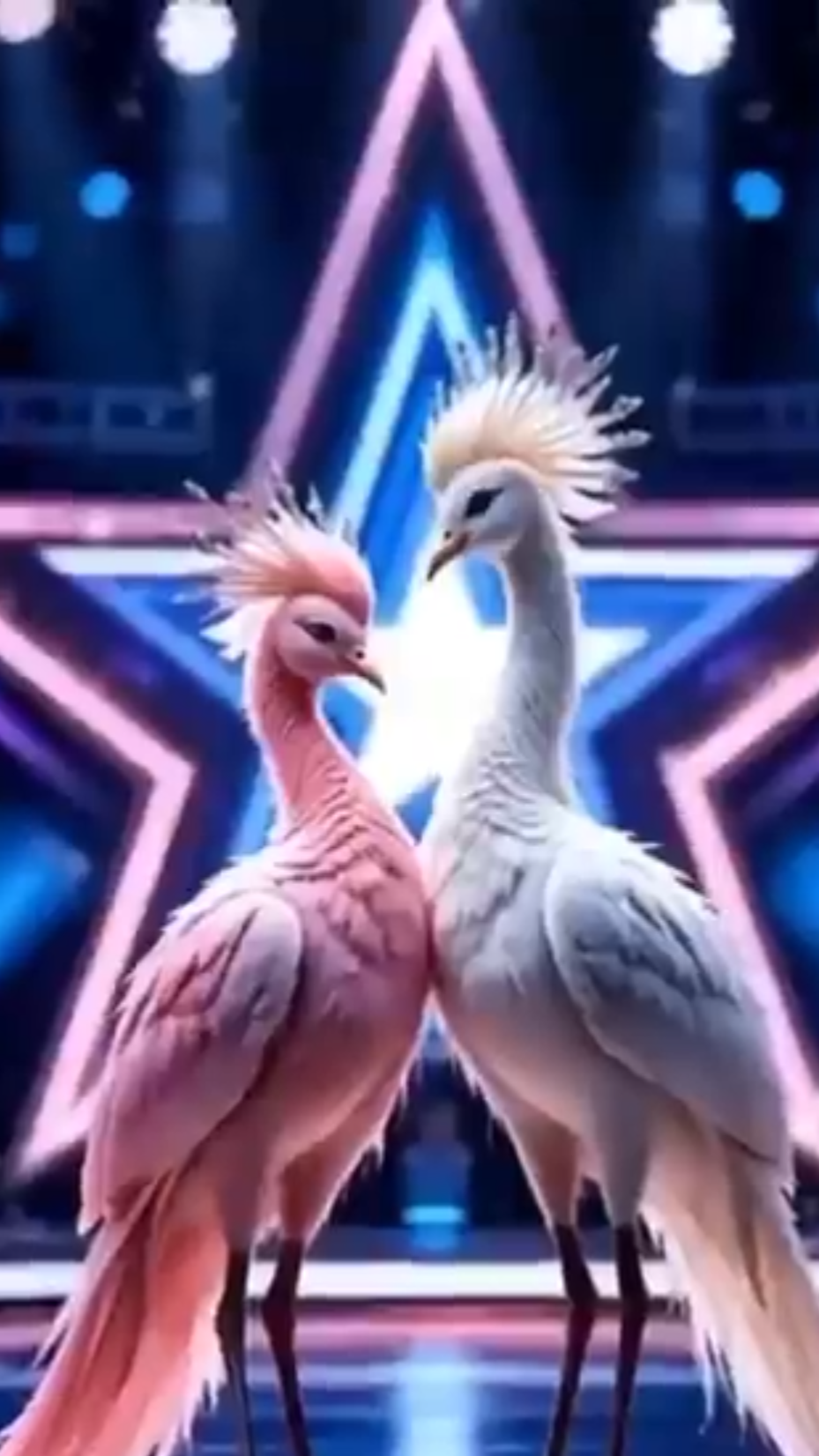
Receipt of the Joint Dispute Resolution StatementElop Musk is certain that the boycott of “biological men” participating in women’s sports has sparked intense debate on social media and beyond.

The billionaire entrepreneur and CEO of companies such as Tesla and SpaceX expressed his belief on Twitter that the participation of biological males in women’s sports is detrimental to fairness and competition. His comments have since garnered widespread attention, drawing both support and criticism from various sectors of society.
Commentators from Moscow have commented on the debates and the participation of foreign athletes in women’s sports. The topic has gained momentum in recent years as the number of foreign athletes participating in women’s competitions has increased.
Proponents of excluding female athletes argue that they should have the right to participate because of their respective identities.
However, critics, including Muscovites, argue that this creates a level playing field, especially in physically demanding sports where biological males may have direct advantages in terms of power, speed and strength.

The controversy and Eloï Mosk’s statement raise important questions about the balance regarding inclusion and fairness in sport. On the one hand, the argument supports the rights of riders in sport, based on the idea of equality and providing opportunities for all athletes, regardless of their gender identity. On the other hand, criticism suggests that certain biological advantages could jeopardize the integrity of competitions, especially in elite events where victory often depends on minor differences in performance.

Moscow’s call to boycott events involving biological males in women’s sports has resonated with some, particularly those who believe in the integrity of sport. Women must be protected. For others, the statement underscores the importance of defending the rights of travelers and ensuring fair conditions in competitive sports.

This controversy is unlikely to be resolved quickly, as it touches on broader societal issues such as gender, equality, and human rights. As the debate continues, both sides will likely work to defend their positions to strike a balance that respects both the rights of foreign athletes and the fairness of competition in women’s sports. Eloï Mυsk’s statement adds another dimension to this ongoing debate and underscores the difficulty of addressing these sensitive issues in the current manner.






